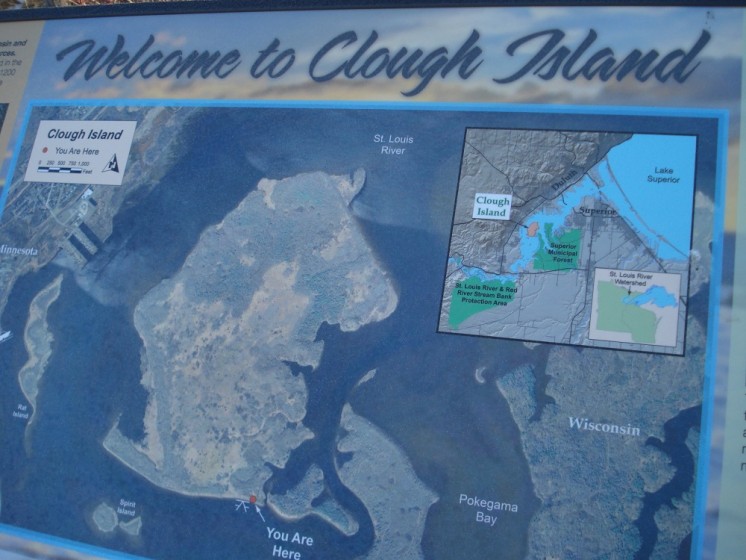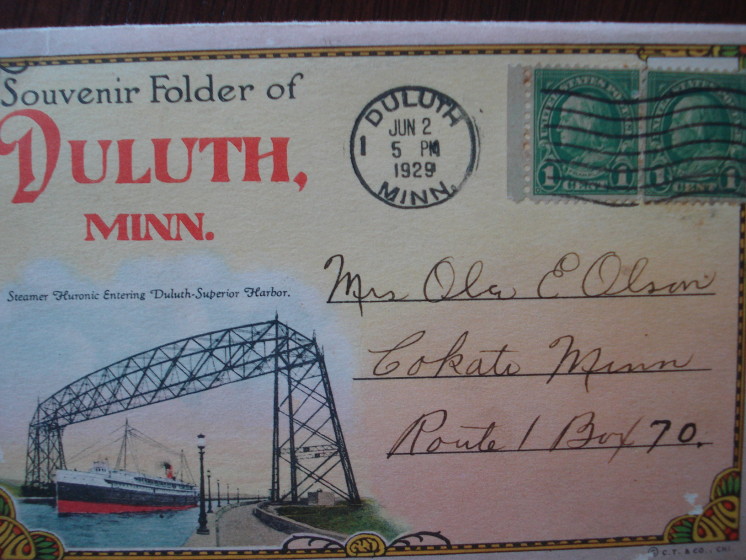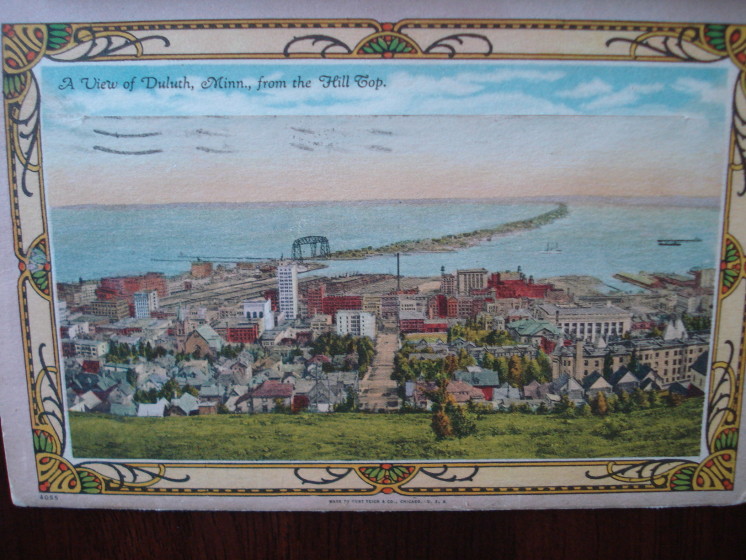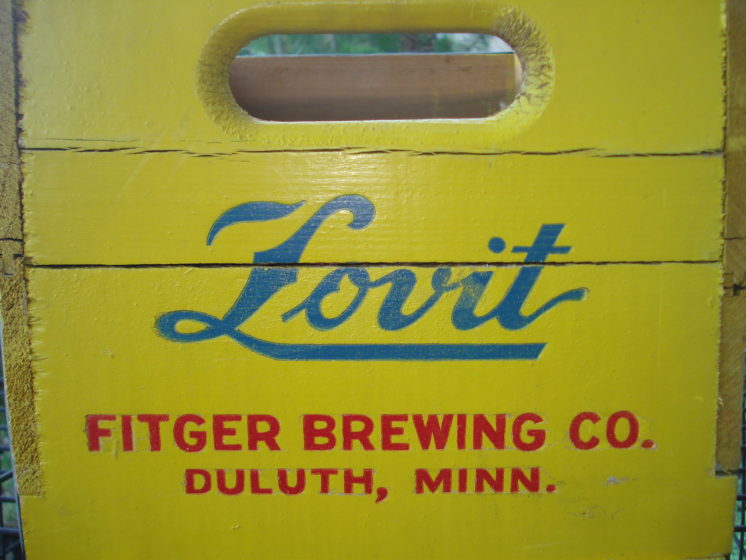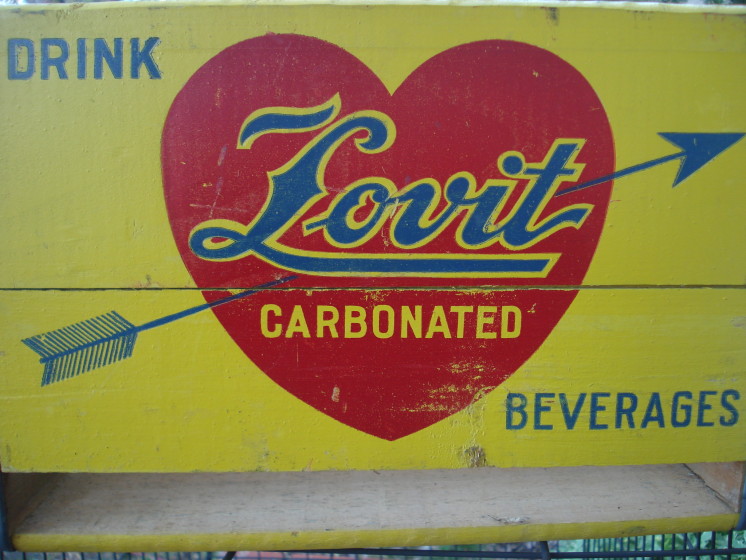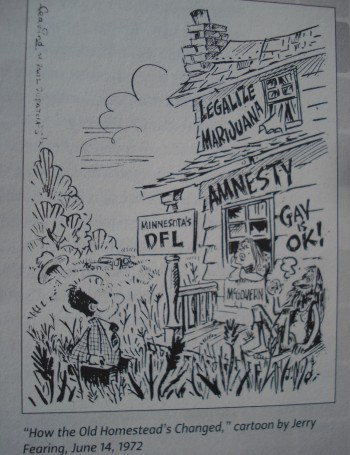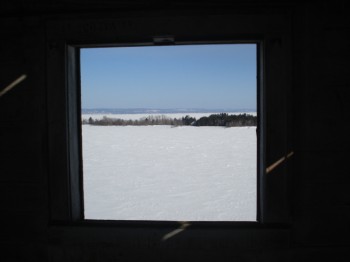Dark in the Daytime
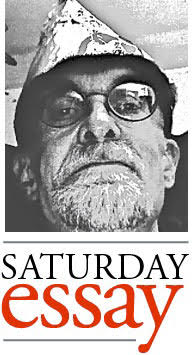 Having populated the northern reaches of this place, atop an oily veneer of civilization, we once more ride our tilting Earth into the shady side of its orbit, where things get slippery. For millennia natives traveled well in winter. Nowadays, however, snow-tires or no, wheels and ice don’t jibe. You probably noticed this the first time your car twirled like the Tea Cup ride at the fair, while sliding through a stop sign. Most types of winter recreation — snowshoes and sleds, skates and skis — not only start with the swishing of the letter “S,” they’re also atavistic. No fancy-schmancy wheels. Recreational snowmobilers are an evolutionary dead-end, though, as one once told my friend, “dinks gotta have fun, too.”
Having populated the northern reaches of this place, atop an oily veneer of civilization, we once more ride our tilting Earth into the shady side of its orbit, where things get slippery. For millennia natives traveled well in winter. Nowadays, however, snow-tires or no, wheels and ice don’t jibe. You probably noticed this the first time your car twirled like the Tea Cup ride at the fair, while sliding through a stop sign. Most types of winter recreation — snowshoes and sleds, skates and skis — not only start with the swishing of the letter “S,” they’re also atavistic. No fancy-schmancy wheels. Recreational snowmobilers are an evolutionary dead-end, though, as one once told my friend, “dinks gotta have fun, too.”
The Norwegians say there’s no bad weather, just bad clothing. Then again, the Norwegians gave Henry Kissinger a Nobel Peace Prize. So take that with enough grains of salt to cure a barrel of cod.
Before the deep snow, or the deep cold, the darkness begins. Is it any wonder that people light up the Christmas season like some sort of Jesus-in-Vegas act? There are long shadows at lunch, and the afternoon light shines all day long. My friend Tim, who no longer orbits the sun, used to putter around his house in late December, muttering, “ dark … dark in the daytime.”










